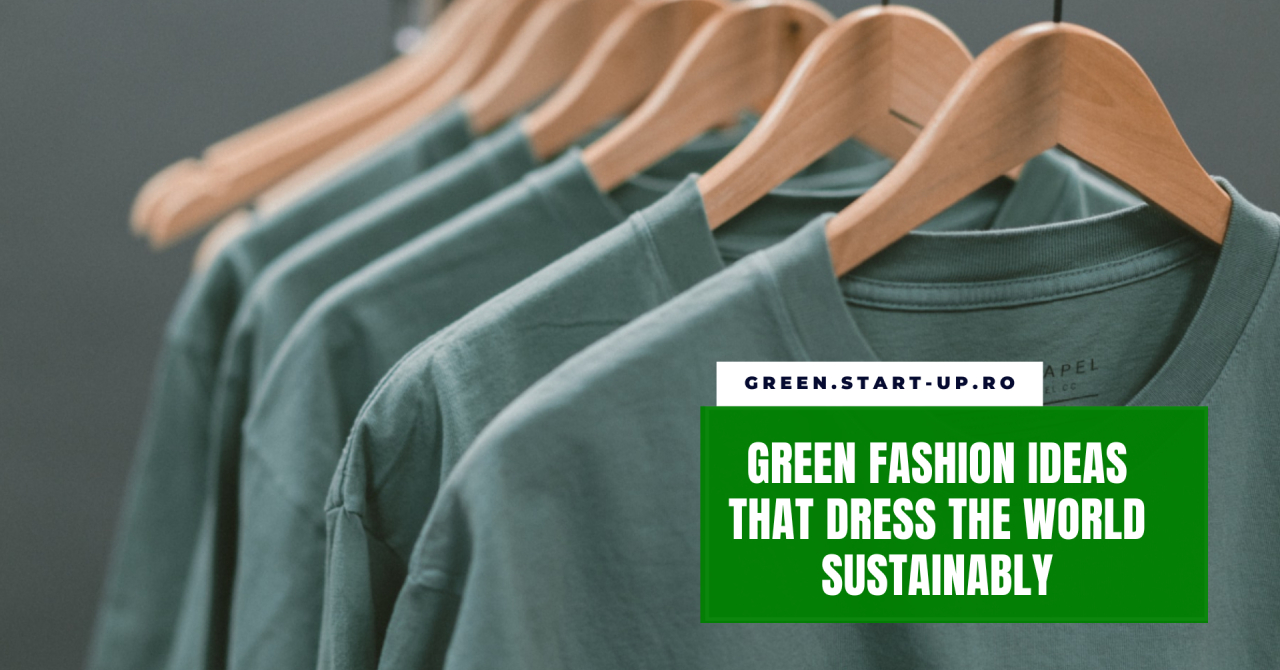In this list we'll focus on the green startups in the fashion industry that we wrote about this year and that shared their vision and values with us regarding sustainability. We won't be able to cover the entire green fashion startups ecosystem in this list, but step by step, we will look out for those who want to contribute to a more equitable world and that want to tell us more about their journey.
SuperCircle
SuperCircle is a startup specialized in circular economy for the fashion industry and recently, it raised 7 million USD to scale its textile recycling solution aimed at large fashion brands.
Textile waste and fast-fashion is a big reason of concern in the industry, which is why recycling and reusing a piece of clothing as many times as possible is crucial. Besides recycling, fashion items that might not be suited for our wardrobe anymore can be sold through specialized stores in order to give them a new life and prevent them from reaching landfills.
At the same time, textile waste also burdens limited natural resources. Around 78% of the textiles waste is not separately collected by consumers and ends up in mixed household waste, destined to be incinerated or landfilled.
Tackling textile waste is crucial, since it can accumulate in huge landfills in various places on Earth, predominantly in poorer countries, but also because between 2000 and 2015, the production of fashion items doubled. Following this trend, experts believe that this could double again by 2030, unless we take action.
Furthermore, as much as 35% of the microplastics that can be found in the environment can be tracked to fashion items, such as synthetic clothes. This is a huge issue, because the tiny plastic particles eventually reach the oceans and the fish that we eat, virtually coming back to harm us.
SuperCircle was co-founded back in 2022 by Chloe Songer and Stuart Ahlum who wanted to offer big fashion brands and retailers an optimal solution for textile recycling. The company allows each fashion item to be recycled according to the material it's made from, while also allowing fashion brands get rid of bulk inventory in a sustainable way.
Read more about SuperCircle from this article on Green Start-Up.
Rubi
A new type of sustainable yarn has been revealed at the Global Fashion Summit in Copenhagen this year, with the new material being made from carbon emissions and water. Thus, no land-use was required to produce the new fabric which can make up our future clothes.
Rubi experts use special enzymes that can absorb carbon emissions and use them to generate sustainable fabrics and Ganni is set to be the first brand in history that will use the materials in order to make fashion items. The upcoming clothes are said to include 20% carbon-derived yarn, while the rest of the material will be industry-standard cellulose.
Rubi co-founder and CEO Neeka Mashouf said the material is meant "to ensure our planetary future by restoring Earth’s ecological balance with reimagined supply chains that are symbiotic with the planet – starting with fashion, which is the third most CO2-polluting supply chain on the planet."
Sustainable fibers could help us produce clothing and footwear with a lower environmental impact and if they are recycled at the end of their life, the benefit for the planet could grow further.
Developing sustainable materials in this direction will be possible only through collaboration with industry giants, who have a tradition and expertise when it comes to manufacturing quality fashion pieces.
Armani Exchange
Big name brands in the fashion industry, such as Armani Exchange and Nike, already implemented a number of sustainability efforts that are different than those usually used in the industry by brands such as Inditex.
Organic cotton is the main material source for the company's t-shirts, which are also made with recycled polyester in some cases.
Armani Exchange also uses digital printing for its t-shirts models as a more sustainable way of customizing its offerings compared to other techniques, as it uses less water, very important in an ever-dryer planet.
Besides saving on water when it comes to printing its t-shirts, the company also reduces water consumption in dyeing its merchandise, further lowering the impact of its clothes on the environment.
Furthermore, reducing waste and energy consumption across the company are two more ways Armani Exchange aims to be equitable regarding our planet and employees are a priority for the fashion brand, as they are treated and being paid equally, meaning that their livelihood is improved and their productivity is increased.
Thus, sustainability goes on multiple directions at Armani and experts at the brand look to implement as many innovative efforts as possible for sustainability in order to achieve climate targets and to help us dress up without harming Earth.
Read more about Armani Exchange's sustainability efforts from this article on Green Start-Up.
 Mihai - Cristian Ioniță
Mihai - Cristian Ioniță












Any thoughts?